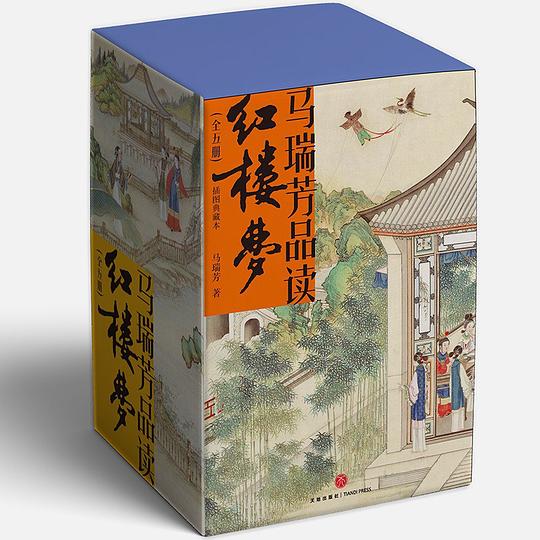
《马瑞芳品读红楼梦(全五册)》"品读红楼梦五册,感受不一样的阅读之美"
1
0

全民健身操 2023-05-06 13:43:46
During the first 18 years of my life, I was focused on studying and taking exams. In high school, even looking at Ba Jins "Family" in class was prohibited by our homeroom teacher, who deemed it an idle read. When I reached college, I hadnt even read the four classic Chinese novels in their printed form. So I borrowed a copy of "The Dream of Red Mansions" from the library. The first time I read it, I couldnt help but wonder about the plot and failed to carefully appreciate its subtle poem and prose. It was like gulping down a precious, delicious soup without savoring its intricate flavor. Nonetheless, even with such a rough reading, the book still touched my emotions, making me cry like a foolish child in a coffee house.
After finishing "The Dream of Red Mansions," I envied those friends who hadnt read it yet. Few books can be so immersive that you get lost in another world, unable to leave it for a decade.
My mothers hobby in the recent years has been repeatedly listening to "Jiang Xuns Interpretations of The Dream of Red Mansions" while cooking, washing dishes, and cleaning floors. She seemed to be trapped in the books world even longer than I was, spending more time in the Grand View Garden plot.
As for "Ma Ruifangs Reading of The Dream of Red Mansions," if you havent read the original novel yet and want to understand it, this book might be a good choice. My colleague yesterday picked it up from my desk and exclaimed, "This is the plain-language version of The Dream of Red Mansions Ive been looking for! It explains the different aspects of the novel in easy-to-understand terms." To most people, the semi-ancient language of "The Dream of Red Mansions" can be daunting. However, if you watch the TV drama, Jiang Xuns interpretations, Ma Ruifangs readings, or Bilibili UPs explanations of the novel, you may become interested in it enough to look it up and experience its beauty and cruelty yourself.
Ma Ruifangs interpretations are also meticulous. For example, she explained why Lady Daiyu and Lady Baochai were the top two candidates to marry Jia Baoyu. Although Lady Dowager Jia and Lady Wang never discussed them in detail, they hinted at their preferences in various ways. Lady Wang gave the same reward to Lady Baochai as to Jia Baoyu, while Lady Dowager Jia remarked that Lady Daiyu and Jia Baoyu were not enemies who couldnt be reunited. When I first read "The Dream of Red Mansions," I couldnt imagine this outcome. I only vaguely sensed Lady Wangs rejection of Lady Daiyu, but did not realize Lady Dowager Jias preference for her. After reading Ma Ruifangs explanations, I suddenly understood the nuances.
I also noticed that the pictures in the book are helpful in visualizing the characters and scenes.
I think one of the reasons why "The Dream of Red Mansions" remains popular is that most Chinese classical novels were written in a descriptive rather than psychological manner. They focused on detailing events and actions but had fewer expressions of feelings. This gap allows readers to imagine the characters inner worlds freely. As a result, debates can last hundreds of years based on differing interpretations of the same book. Although we all read the same text, "The Dream of Red Mansions" leaves so much to our imagination that even topics such as "Do you like Lady Xue Baochai" can still ignite heated debates.
I wonder if any foreign novels such as "The Count of Monte Cristo" or "War and Peace" could spark such heated discussions.
One thing that puzzled me about "Ma Ruifangs Reading of The Dream of Red Mansions" is that after reading it, I realized that most of the content is almost identical to the explanation videos produced by a Bilibili UP host (Zhang Zhihao). Can any readers explain this observation?
As an example, Chapter 30 of the original book states:
相关推荐
萤火谷的梦想家
艾莉森•麦吉出生于1960年,是美国《纽约时报》畅销书作家,同时也是大都会州立大学创意写作课的教授。她的作品被翻译成20多种语言并出版,也曾被提名普利策奖,并获得苏斯博士奖金奖、克里斯托弗图书奖、美国 [美]艾莉森•麦吉/[美]克里斯托弗•丹尼斯/绘 2023-03-27 16:50:25鬼马女神捕1·绝密卧底(上)
腹黑凤凰vs毒舌鸡妖——蓝翎:“小姬,跟我去人界吧!”姬十四:“干吗?让人宰了我做小鸡炖蘑菇吗?”蓝翎:“不啊,让妖怪宰了你做小鸡炖蘑菇更气派。”凤凰蓝翎和鸡妖姬十四生活在无忧无虑的灵界。他们的故乡叫 郝天晓 2023-04-17 00:22:47© 2023-2025 百科书库. All Rights Reserved.


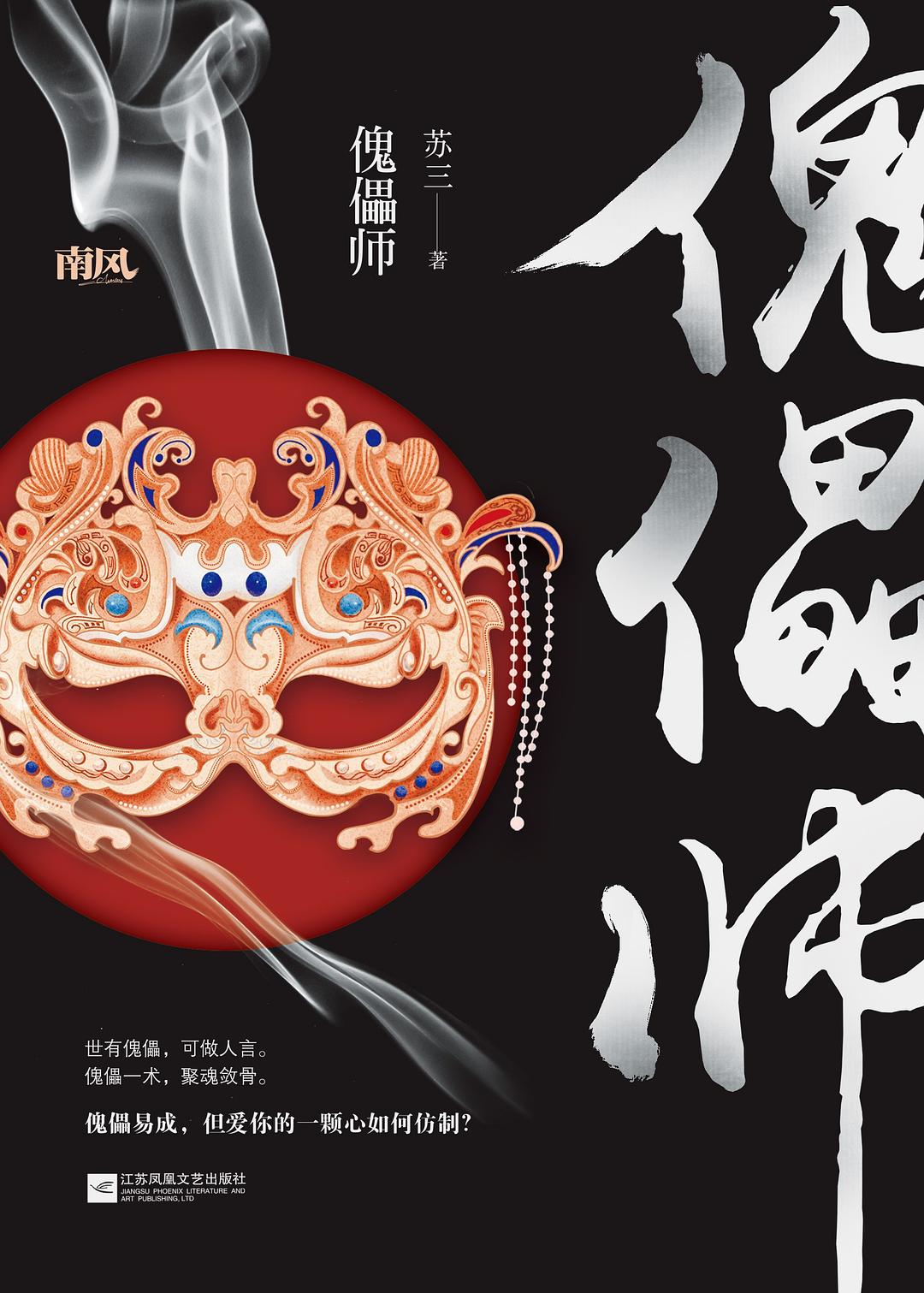
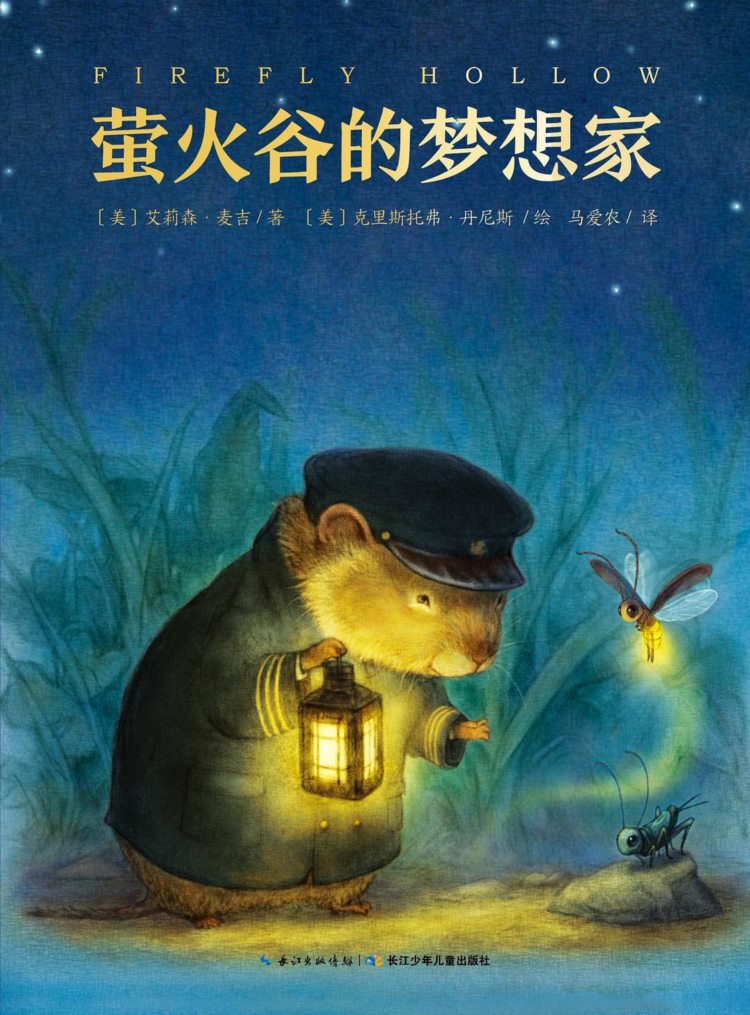
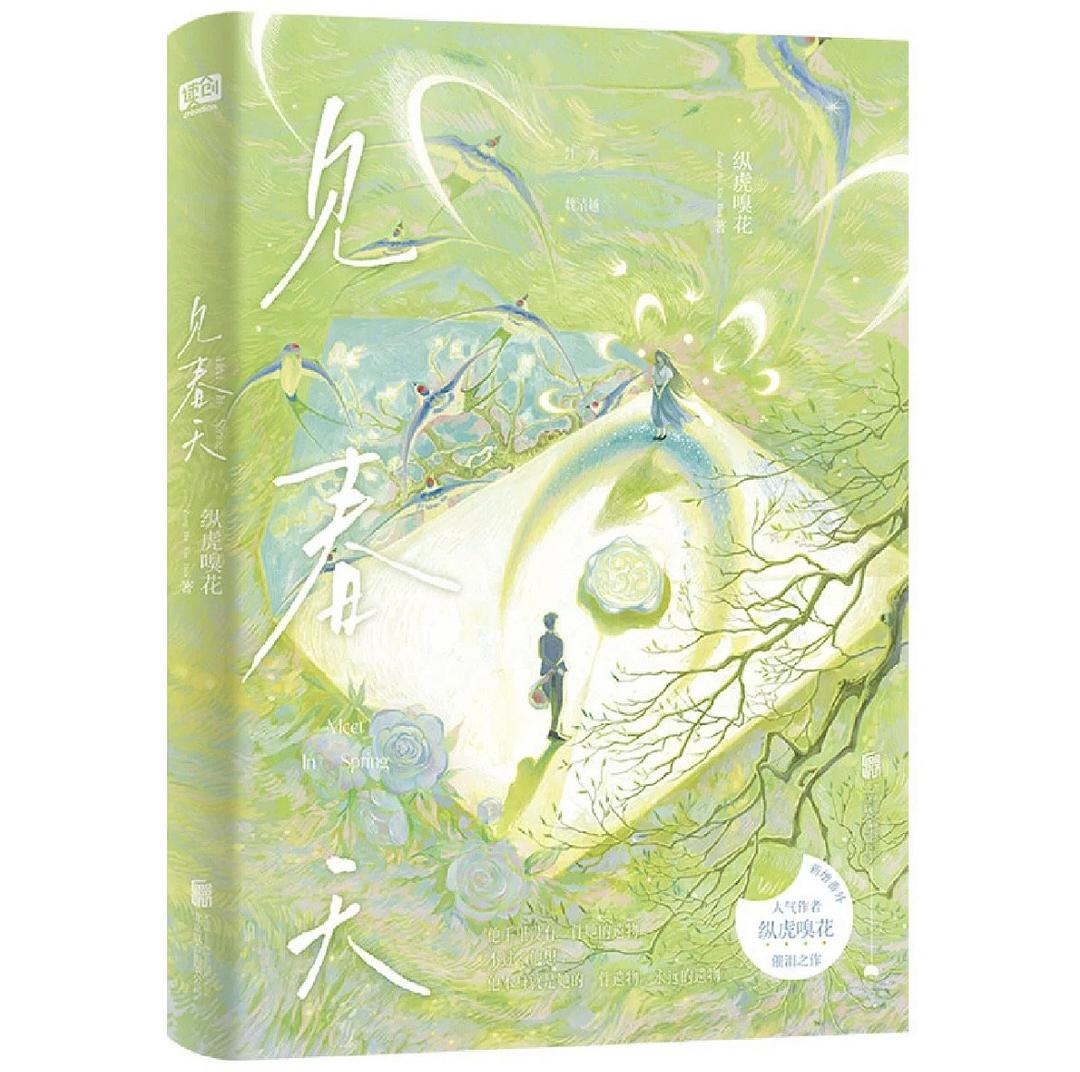
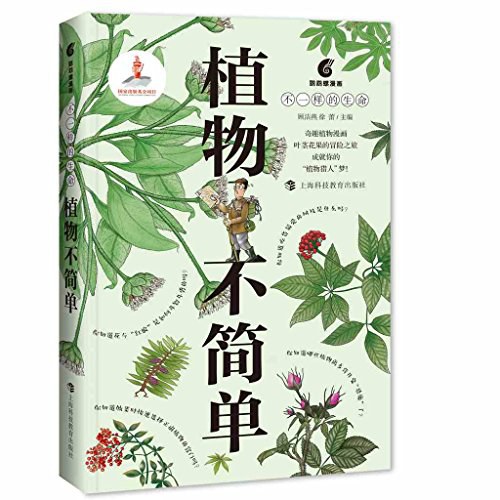
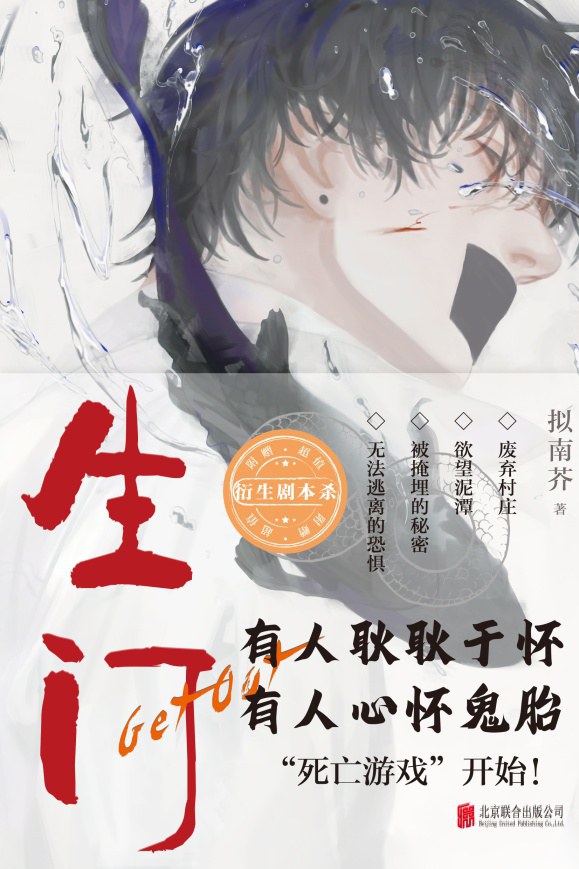

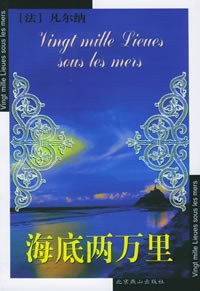

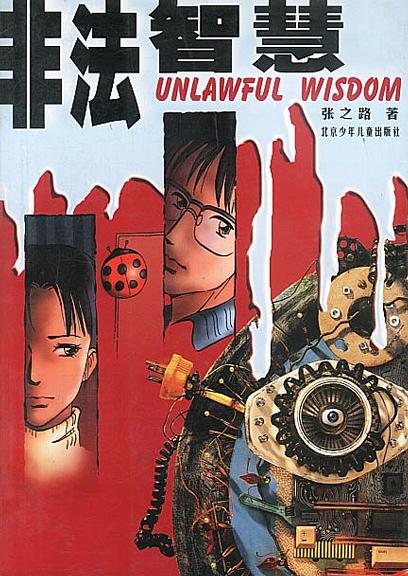
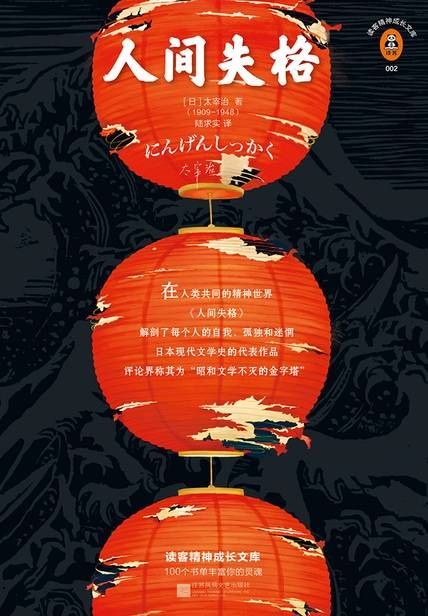
发表评价